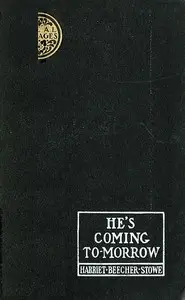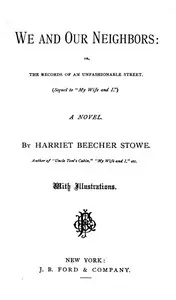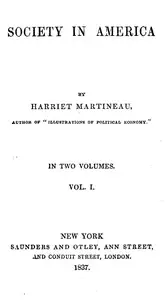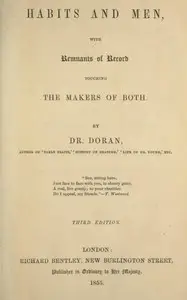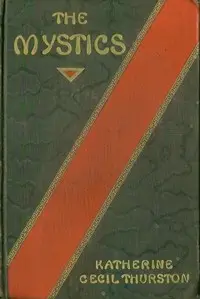"Palmetto-Leaves" by Harriet Beecher Stowe is a collection of travel essays written in the late 19th century. The book presents a vivid and personal exploration of Florida, showcasing not only the natural beauty of the region but also the social and cultural dynamics of its time. Stowe shares her observations, experiences, and reflections on various landscapes, flora, and the people she encounters, often weaving in themes of love for nature and compassion for all beings. The opening of the book introduces readers to a journey aboard a steamer from Savannah to Florida, featuring a cast of characters who share their musings about a stray dog they encounter. This dog, described as “nobody’s dog,” becomes a central symbol of longing and companionship in a landscape filled with both beauty and struggle. Stowe’s narrative juxtaposes the dog's plight with her admiration for Savannah, a city that enchants her with its charm and verdant squares. Ultimately, this initial portion sets the tone for a thoughtful exploration of both Florida’s landscapes and the emotions associated with human-animal relationships, emphasizing themes of belonging and the search for home. (This is an automatically generated summary.)

Palmetto-Leaves
By Harriet Beecher Stowe
"Palmetto-Leaves" by Harriet Beecher Stowe is a collection of travel essays written in the late 19th century. The book presents a vivid and personal e...
Harriet Elisabeth Beecher Stowe was an American author and abolitionist. She came from the religious Beecher family and wrote the popular novel Uncle Tom's Cabin (1852), which depicts the harsh conditions experienced by enslaved African Americans. The book reached an audience of millions as a novel and play, and became influential in the United States and in Great Britain, energizing anti-slavery forces in the American North, while provoking widespread anger in the South. Stowe wrote 30 books, including novels, three travel memoirs, and collections of articles and letters. She was influential both for her writings as well as for her public stances and debates on social issues of the day.

